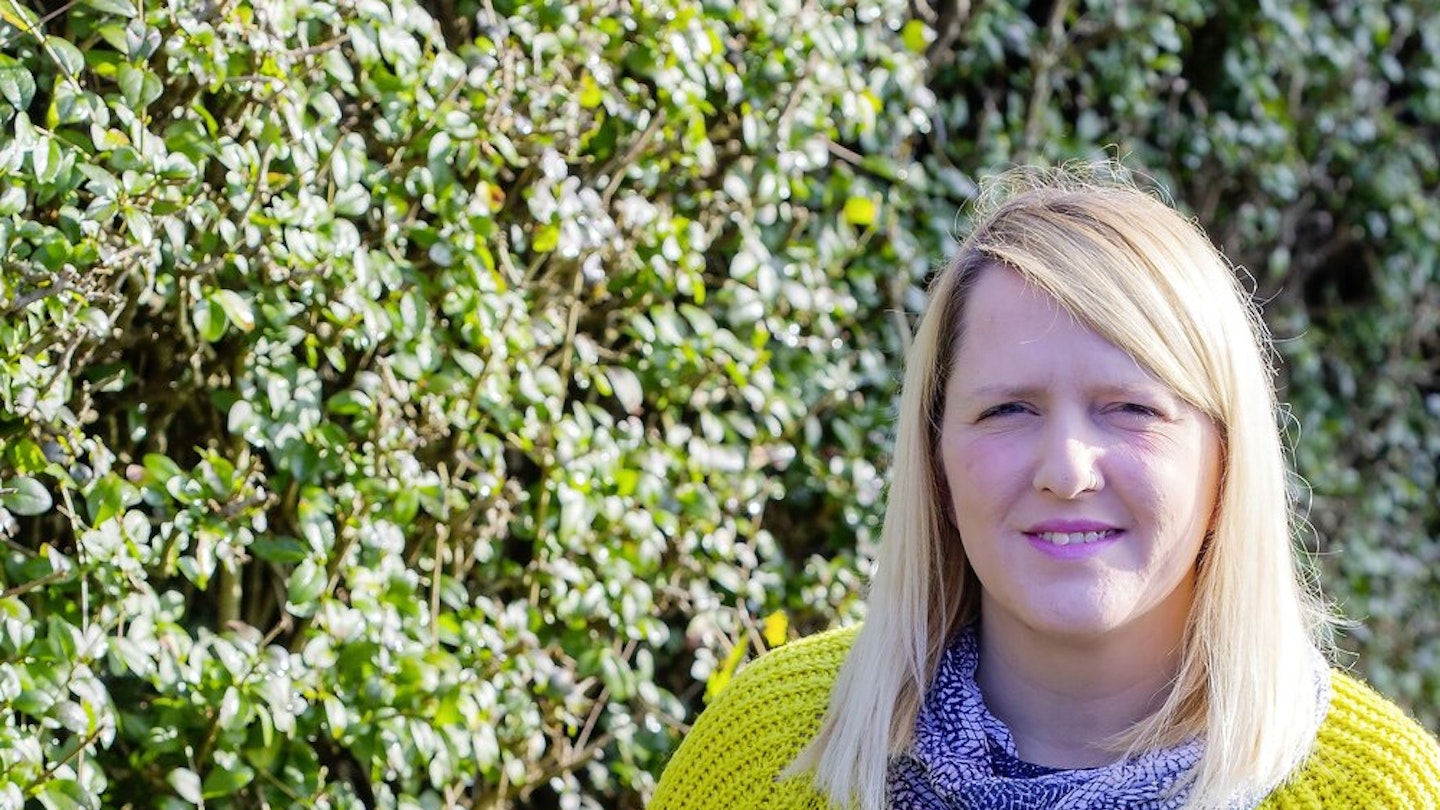Since I last wrote about this last year, there have been even bigger strides taken to reduce plastic in the gardening industry – we’ve always used so much of it, of course, and largely it’s unnecessary.
It seems ironic that such a thrifty and nature-loving bunch as gardeners should use so much of an unsustainable product such as plastic, but, as we all know, it’s in everything so there’s no getting away from it. Until now!
Yes, we can recycle and reuse existing pots, but eventually they can be recycled no more, and then they sit in landfill or end up in the ocean. It takes 400 years for plastic to break down, and around a third of all our plastic ends up in the sea.
So, it seems best to sort the problem out at the source and stop the plastic altogether – a tactic adopted by lots of garden retail companies recently. Pop to your local garden centre and there’s a great selection of more environmentally-friendly wares.
Seek out Haxnick’s bamboo pots, trays, compost scoops and even plant labels, and look for any plant growing in a beige or coloured pot instead of black – black pots can’t go in household recycling. There’s lots of coir, wooden and terracotta pots and trays available. Elho pots are always a stylish option, but they’re a lot more appealing once you know they’re all made from recycled plastic.
Nurseries such as Howards and Bluebell Cottage Garden send plants through the post in only paper packaging, and many others are following suit. There’s still a way to go though. Compost bags are a let down, though some companies, such as Melcourt, offer a bulk buy service without packaging.
Rarer still is the sensible option embraced by some garden centres where you bring your own container and fill it up with compost. Wouldn’t it be great if this happened everywhere? Once you get in the mindset of going plastic-free, it becomes a fun challenge that’s actually quite easy to keep up.
Why not see how far you can get without buying any this year? The best method, of course, is to make your own composts, paper pots and wooden trays, and reusing and refashioning where possible.
